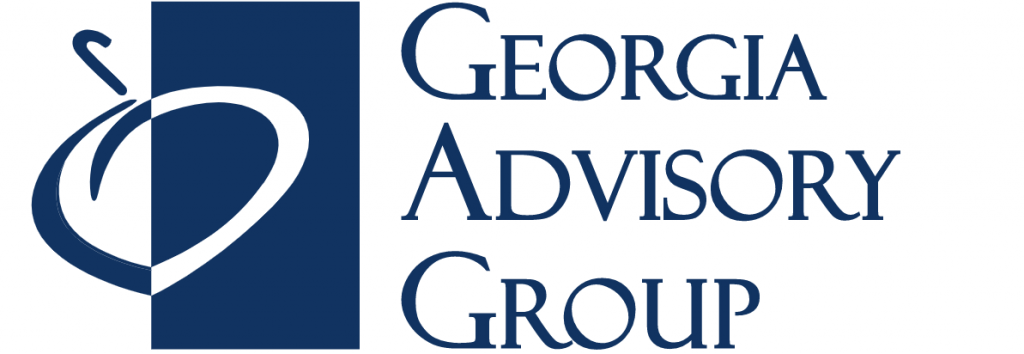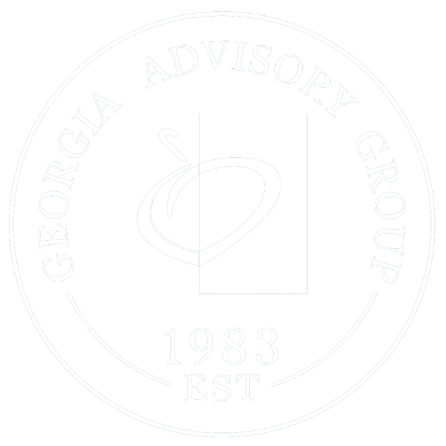What Is a Rollover and What Are the Benefits & Risks of Converting Your 401k to an IRA?
A rollover is a process of transferring funds from one retirement account to another, such as a 401k to an IRA. This can be a great way to gain more control over your investments and potentially lower your fees. However, there are also some potential drawbacks to consider before making the switch. It’s important to understand the benefits and risks of converting your 401k to an IRA to make the best decision for your retirement savings.
What Are the Pros of Rolling Over Your 401K to an IRA?
More Control Over Your Investments: With an IRA, you have more control over your investments than you would with a 401k. You have a wider range of investment options, including stocks, bonds, and mutual funds, which can help you create a more diversified portfolio.
Lower Fees: IRAs often have lower fees than 401ks. By rolling over to an IRA, you may be able to save on administrative and management fees, which can add up over time.
Tax Benefits: Depending on the type of IRA you choose, you may be able to take advantage of certain tax benefits. For example, with a Roth IRA, your contributions are made with after-tax dollars, so you won’t pay taxes on the money when you withdraw it in retirement.
What Are the Cons of Rolling Over Your 401K to an IRA?
More Decisions and Responsibility: With an IRA, you have more decisions to make and more responsibility for managing your investments. This can be overwhelming for some individuals, and it’s important to be prepared to take on this additional responsibility.
Higher Fees in IRAs Than in a Qualified Employer Plan: While IRAs may have lower fees than 401ks, they still have fees, which can add up over time. It’s important to compare the fees of different IRA providers to ensure you’re getting the best deal.
The complexity of IRA rules: IRAs have more complex rules than 401k plans, which can make it harder to understand and follow the regulations.

Who Is Eligible for a Rollover & How To Set
When it comes to rolling over your 401k to an IRA, there are certain eligibility requirements that must be met. In general, anyone who has a 401k plan through their employer is eligible to rollover their funds to an IRA. However, there are certain restrictions and rules that must be followed in order to do so.
First, it’s important to understand that there are two types of rollovers: direct rollovers and indirect rollovers. A direct rollover is when the funds are transferred directly from the 401k plan to the IRA, without passing through the individual’s hands. This type of rollover is not subject to taxes or penalties and is the recommended method for rolling over funds. An indirect rollover, on the other hand, is when the funds are distributed to the individual and then deposited into an IRA within 60 days. This type of rollover is subject to taxes and penalties and is not recommended unless it is absolutely necessary.
In order to be eligible for a rollover, individuals must also meet certain age and employment requirements. For example, individuals must be at least 59.5 years old to rollover their funds without incurring penalties. Additionally, individuals who are still employed by the company that sponsors their 401k plan may be subject to different rules and restrictions.
To set up a rollover, individuals should first consult with their employer and/or 401k plan administrator to understand the specific rules and requirements for their plan. They should also consult with a financial advisor or IRA custodian to understand the options available for rolling over their funds and to compare the fees and investment options of different IRA custodians.
It’s also important to research the different types of IRA accounts (traditional IRA or Roth IRA) and which one will best suit their retirement goals. Once the individual has decided which IRA custodian and account type to use, they will need to fill out the necessary paperwork and provide the IRA custodian with the information needed to initiate the rollover.
Options for Rollover: Traditional IRA or Roth IRA?
When it comes to deciding on a rollover option, one of the most important decisions to make is whether to choose a traditional IRA or Roth IRA. Both types of IRAs offer different benefits and drawbacks, and it is important to understand the differences before making a decision.
A traditional IRA allows for tax-deductible contributions, meaning that the money you contribute to your IRA is tax-free in the year it is contributed. This can be a significant advantage if you are in a higher tax bracket. However, when you withdraw money from your traditional IRA during retirement, it will be taxed as income.
On the other hand, a Roth IRA is funded with after-tax dollars, meaning that you do not get a tax deduction for your contributions. However, the money in a Roth IRA grows tax-free, and withdrawals during retirement are also tax-free. This can be a significant advantage if you expect to be in a higher tax bracket during retirement.
Another key difference between traditional and Roth IRAs is the age at which you are required to start taking distributions. With a traditional IRA, you must start taking required minimum distributions (RMDs) at age 72. With a Roth IRA, there are no RMDs, so the money can continue to grow tax-free for as long as you live.
When deciding between a traditional IRA and Roth IRA, it is important to consider your current tax bracket, your expected tax bracket during retirement, and your retirement income needs. If you expect to be in a higher tax bracket during retirement, a Roth IRA may be the better option. However, if you are currently in a high tax bracket and expect to be in a lower bracket during retirement, a traditional IRA may be more advantageous.
It is also important to consider the investment options available in each type of IRA. Some 401k plans offer a wider variety of investment options than IRAs, so it is important to carefully compare the options before making a decision.
Conclusion: Making the Right Decision for Your Retirement Savings
In conclusion, a 401k rollover can be a great way to take control of your retirement savings and potentially gain more investment options and flexibility. However, it is important to carefully consider the pros and cons, as well as your own financial situation and goals, before making a decision. As mentioned earlier, the key is to understand the difference between a 401k and an IRA, and how the rollover process works.
Consider the fees, investment options, and tax implications of each account. You should also consider the long-term effects of your rollover decisions, such as the potential for greater investment growth and flexibility, as well as the potential drawbacks, such as higher fees and more responsibility for your own investment decisions.
Ultimately, the best way to ensure that you are making the right decision for your retirement savings is to consult with a financial advisor who has experience with 401k rollovers. They can help you weigh the pros and cons, and provide guidance on the best options for your specific situation. Remember, it’s never too early to start planning for your retirement. The earlier you start, the more time you have to grow your savings and the more options you have for creating the retirement of your dreams.


